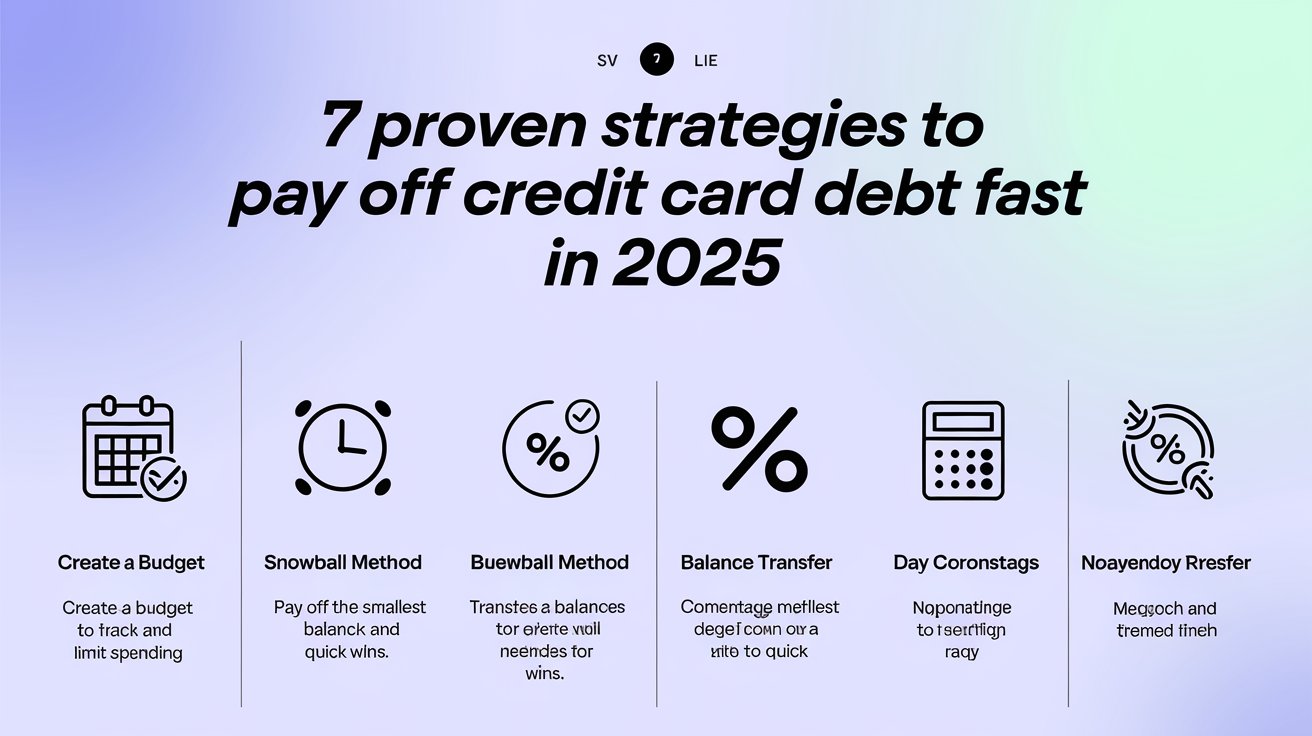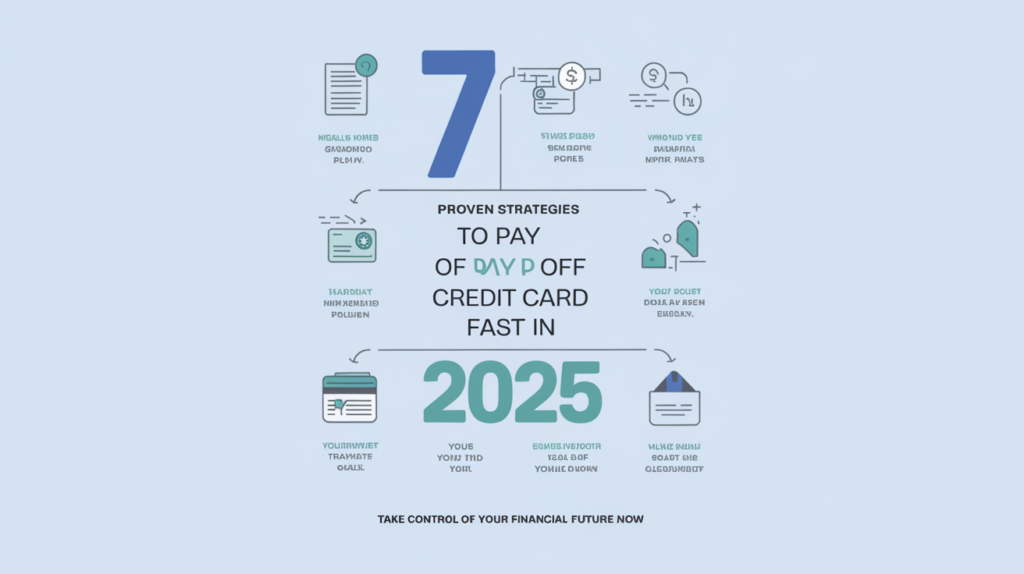

Understanding Credit Card Debt
Credit card debt means the money left on a credit card which collects interest if not paid off during the billing cycle. If you only pay the minimum, Credit Card Debt a high-interest debt is added into the remaining balance. This growing cycle makes it difficult to pay off the debt over time.
Credit cards can prove helpful to someone who needs financial assistance, but if misused, can lead one on the road to financial instability. Credit card companies will promote their credit cards by offering rewards, cash withdraw options, and even travel discounts, but the interest they charge, especially for those with a poor credit score, frequently exceeds 20%.
- Why Credit Card Debt Can Be Dangerous
- Credit cards provide some of the worst debts imaginable because the interest grows exponentially, making it a financial burden for the average individual. The debt then beats very few other forms of credit, making it costly in the long run.
- Debt Cycle: If your monthly payments cannot be met, then interest is accrued with no remorse leading to an unmanageable amount of debt after a while. Defaulting on payments will also invoke fees, which helps no one at all.
Impact on Credit Score: If you have a large balance relative to your credit limit, your credit score may be negatively affected. This can result in a lower score, which will increase the cost of borrowing money through loans or mortgages because of the higher interest rates attached.
Patterns Observed in Credit Card Debt Management During Recent Years
The methods of managing credit card debt have changed considerably. In 2025, new approaches, tools, and even financial options are expected to make an appearance that will make managing debt easier.
AI-Powered Budgeting Apps: Mint and YNAB (You Need A Budget) have started utilizing AI to a significant extent to suggest ways to cut down on spending and automate savings.
Zero Interest Credit Cards: The expansion of 0% introductory APR offers on balance transfers is becoming increasingly commonplace among credit card issuers, which is very useful for consumers that hold high-interest balances.
Services Offered: There has also emerged credit counseling agencies that extend to their clients solutions to management of their debts apart from the regular debt repayment plan.
6 Strategies that Eliminate Credit Card Debt
Effectively Below is a list of six ways that are sure to enable any individual deal with credit card debt:
Avalanche Method
This strategy pays off the debt that has the highest interest rate first while making minimum payments on other debts. By doing this, you will reduce the principal on the high-interest cards which, in the long term, will save you money on interest. After paying off the highest interest card in the list, move on to the next one.
Why it works: It saves you a great amount of money on interest which tremendously improves getting out of debt.
Snowball Method
Doing this strategy means that focus will go to paying off your smallest balance no matter what the interest rate is. After getting rid of the smallest debt, move on to the next smallest. This method makes it easier and quicker to pay off small debts which psychologically feels good.
Why it works: It helps achieve small goals which maintains motivation to pay off debt.
Debt Consolidation
This is the technological advancement of paying off multiple debts with one debt under a lower interest rate deal. A debt consolidation loan, balance transfer credit card, or home equity loans can be used these days to ease the payment process.
Why it works: Consolidation helps to lower the monthly payment and makes managing debt easier through the reduction of interest rates.
Balance Transfer Credit Cards
With these types of cards, you are able to transfer your high-interest credit card debt to a credit card with a lower or 0% introductory APR. This provides temporary relief, as there will be no interest charged during the promotional period.
Why it works: Helps pay off debt faster because there is no interest charged during the promotional period.
Budgeting and Reducing Spending
Outline your income and expenditures and balance them within a budget. Stop spending on leisure, entertainment, and shopping to free up more money that can be used to pay off credit card debt.
Why it works: Makes it possible to limit your spending and pay off your debts more effectively.
Negotiating with Creditors
When in need of help making payments, many people turn to their creditors. Forbearance or a lowered interest rate may be offered by some creditors, easing the burden when attempting to pay down the balance.
Why it works: Credit card companies are willing to aid those who are having trouble making payments and lower financial difficulties wherever possible.
Ways to Prevent Problematic Future Credit Card Debt
Your long-term financial wellness depends on you finding an efficient way to manage your credit card payments. Here are some ideas:
Balances should be cleared in total: To prevent interest accumulation on your card, pay off your balances each month.
Limits on Spending: Do your best to not go over your budget for the month.
Build up a reserve: Having additional funds set aside can shelter credit card use from new expenses.
Use your credit power wisely: Use your cards for benefits and perks only when you can pay off the debt within a reasonable amount of time.
So, You Want to Save on Interest as You Pay Down Your Cards? Here’s How.
The biggest cost associated with maintaining credit card balances is interest, but luckily, it is possible to alleviate its burden through aggressive planning.
Try to Pay More than is Required: Minimum payments are essentially paying only interest, so paying more than minimum will get you closer to removing the balance altogether.
Search for Low or No Interest Rates: Raise your debt ceiling strategically by finding a new credit card with zero interest for 12-18 months and utilize it to transfer existing debt.
Evaluate a Debt Management Plan (DMP): A credit counselor would be able to lower your interest rates and combine your debts into a single payment with the help of a DMP ”.
Frequently asked questions (FAQs)
Q1: What is the fastest way to pay off credit card debt?
Engaging a credit counselor or debt attorney who specializes in credit card debt study may be the fastest way to repay credit cards. Overall interests are lowered quickly with the Debt Avalanche Method.
Q2: Should I transfer my credit card debt to a balance transfer card?
Yes, If you can find a balance transfer card with no interest for a long time, this is a great option. Just be aware of the transfer fees and if you qualify.

Q3: Is it better to use the snowball or avalanche method?
It depends. For short term motivation, the snowball method is preferred. The avalanche is recommended as it reduces interest payments.
Q4: What steps can I take to reach a settlement with my credit card company?
Your opening move should be to reach out directly to the issuer of your credit card. Let them know your current financial state and use that to determine if they are able to assist with lowering your interest rates, annulling fees, or establishing a payment structure. Remember, it is critical to be polite and transparent with them regarding your repayment intentions.
Q5: Will my credit score be affected positively by paying off my credit card?
Therefore, paying off your credit card also to a positive degree improves your credit score since it will reduce the credit utilization ratio, which calculates the used credit against the available credit.
Q6: What should I do when I am incapable of making payments on the credit card?
In as much as this case, if you are unable to afford the means of responding to the payment, it is wise to contact the credit card issuer. As noted most of the credit card companies have hardship programs that are intended for such circumstances. In case of any difficulties, the appointment with a credit counselor can be helpful.
Conclusion
Actually, there are various approaches that can enable someone to pay off the credit card debts fully. Indeed it may be a lengthy process, but it is more of a delicate process of weighing the pros and cons. Regardless of whether you choose a debt avalanche or snowball method, or even debt consolidation, the most important factor is your level of commitment. You can manage your balances more effectively with balance transfer cards, budgeting apps, or even negotiating directly with creditors. If you start sooner rather than later, you’ll earn more financial freedom while paying less in interest.

Leave a Reply